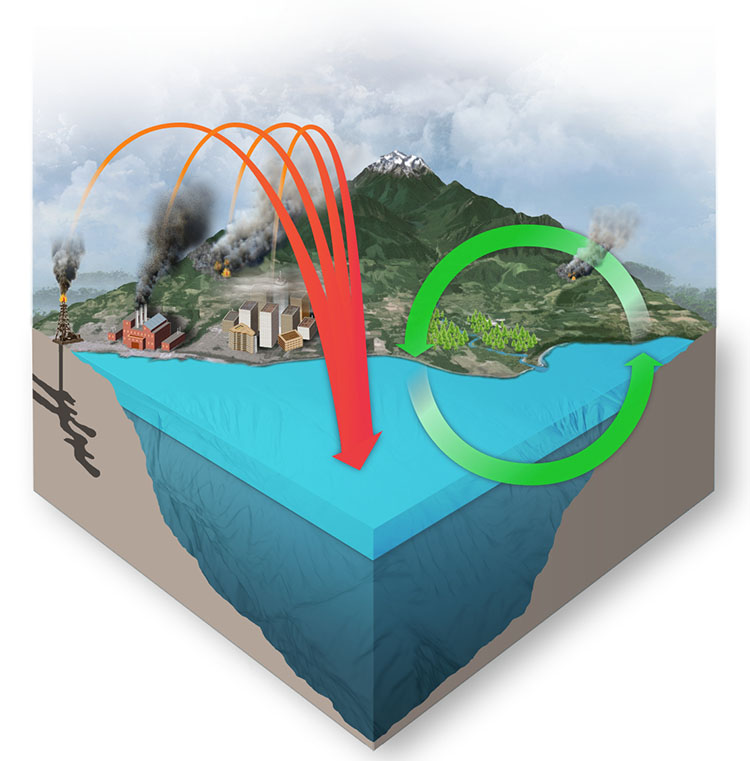
Reducing Carbon Emissions with Ocean Energy: A Sustainable Solution for the Future
Introduction
The importance of reducing carbon emissions cannot be overstated in the face of climate change. As the world seeks cleaner and greener alternatives to traditional energy sources, ocean energy has emerged as a potential solution. This article explores the significance and relevance of ocean energy in the quest for a sustainable future.
Historical Background
Ocean energy has been harnessed for power generation since ancient times. From its early use in tidal mills to today’s advanced technologies, the field has witnessed remarkable progress. This section delves into the historical milestones and key events that have shaped the development of ocean energy.
Key Concepts and Definitions
To fully understand the potential of ocean energy, it is important to define its various forms, including wave, tidal, current, and thermal. Additionally, this section explores the environmental impact of carbon emissions and provides an overview of renewable energy’s role in reducing them.
Main Discussion Points
Overview of Wave Energy as a Source of Reducing Carbon Emissions
Wave energy conversion technologies are explored in detail, along with the advantages and disadvantages they offer. Case studies on successful wave energy projects provide real-world examples of their implementation.
Introduction to Tidal and Current Energy as Potential Solutions
Tidal and current energy conversion techniques are discussed, highlighting their benefits and limitations. Successful tidal and current energy projects from around the world serve as examples of their viability.
Utilizing Ocean Thermal Energy Conversion (OTEC) for Carbon Reduction
The principles behind OTEC technology are explained, along with its environmental benefits and challenges. Through case studies, the application of OTEC for reducing carbon emissions is illustrated.
Case Studies or Examples
The article presents three prominent case studies:
The European Marine Energy Centre in Orkney, Scotland
The MeyGen tidal energy project in Scotland
The Makai Ocean Engineering OTEC facility in Hawaii
Current Trends or Developments
Recent advancements in wave energy technologies are explored, highlighting the ongoing progress in this field.
Growing investment and support for tidal and current energy projects indicate the increased recognition of their potential.
Research findings shed light on the immense potential of OTEC for large-scale carbon reduction efforts.
Challenges or Controversies
While ocean energy holds great promise, it also presents challenges and controversies. Environmental impacts, economic feasibility, and public perception are discussed in this section.
Future Outlook
The future of ocean energy looks promising, with potential advancements and breakthroughs on the horizon. This section also explores the expansion of ocean energy projects globally and the integration of ocean energy into existing energy systems for effective decarbonization efforts.
Conclusion
In conclusion, ocean energy offers a sustainable and renewable solution for reducing carbon emissions. The article emphasizes the importance of investing in research and development of ocean energy to effectively tackle climate change.
References
A comprehensive list of academic papers, reports, books, websites, and organizations dedicated to reducing carbon emissions with ocean energy is provided for further reading and reference.